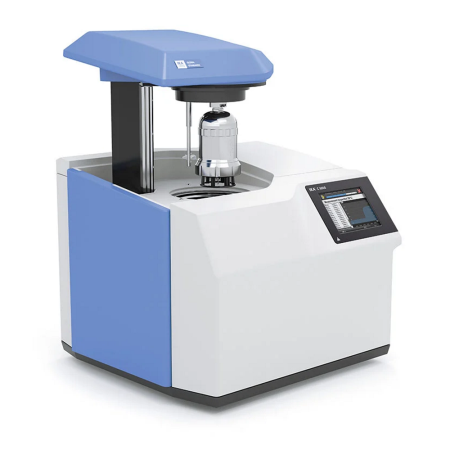Calorimeters
A calorimeter is an instrument used to measure heat changes in chemical reactions, physical processes, or combustion, providing precise data on energy, enthalpy, and thermal properties for research and industrial applications.

Understanding Calorimeters
A calorimeter is a scientific instrument used to measure the heat released or absorbed during chemical reactions, physical changes, or combustion processes. Widely employed in chemistry, materials science, food testing, and energy research, calorimeters provide precise measurements of enthalpy, specific heat, and reaction energy, helping to determine fuel efficiency, nutritional content, or thermal properties of materials. Modern calorimeters include bomb calorimeters, differential scanning calorimeters (DSC), and isothermal calorimeters, offering high accuracy, reproducibility, and rapid data analysis. By enabling detailed thermal analysis, calorimeters are essential tools for research laboratories, quality control, and industrial applications, supporting safe, efficient, and data-driven scientific processes.













